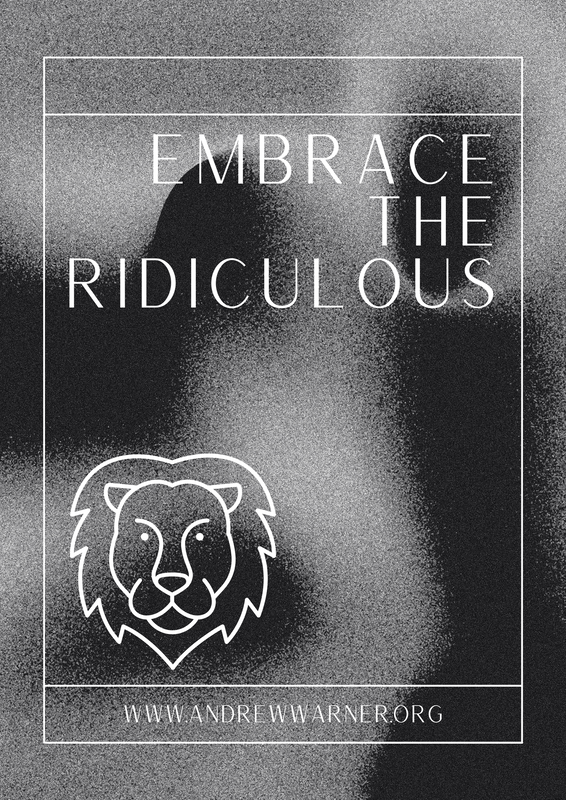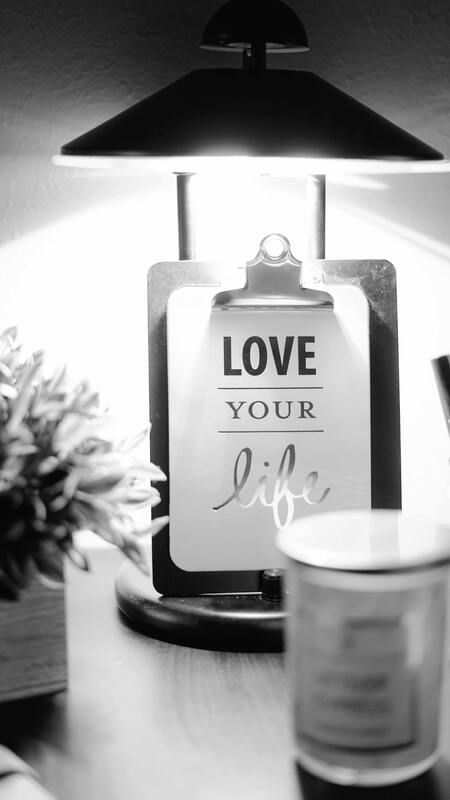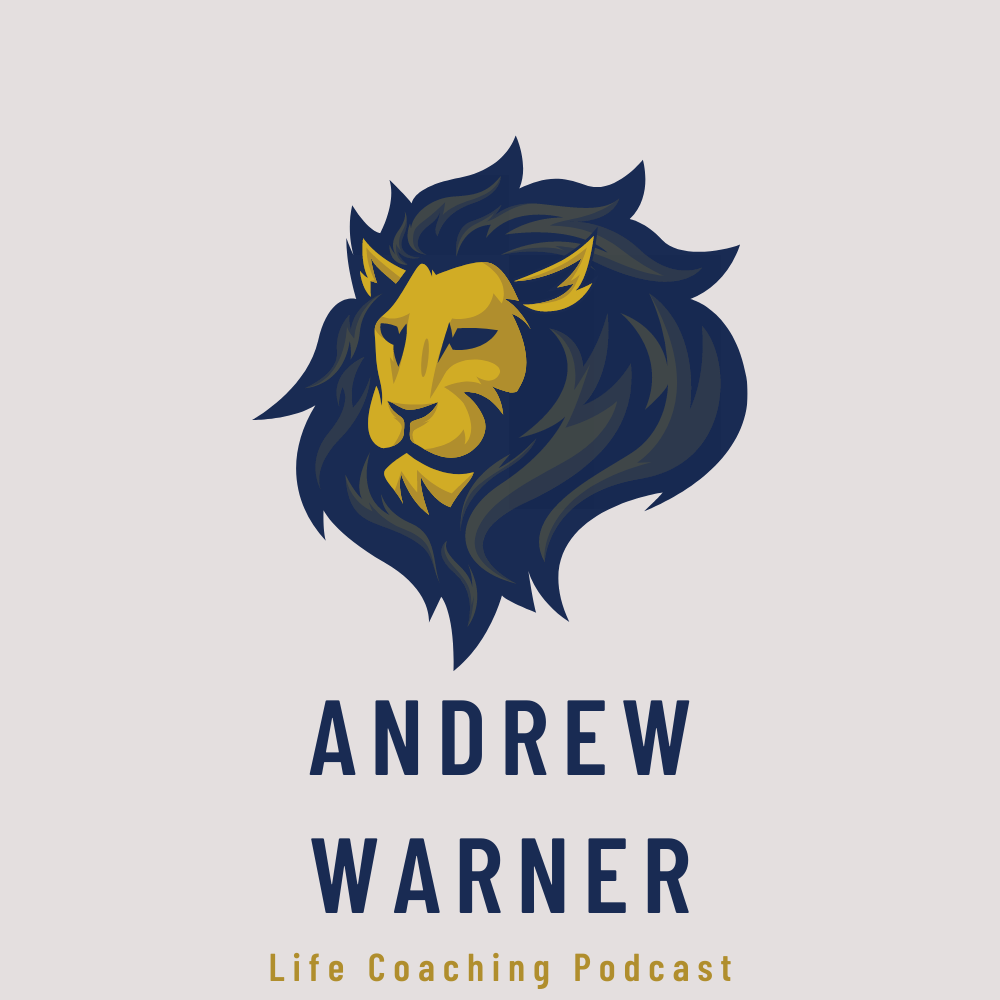|
With Thanksgiving around the corner you’re going to be hearing a lot of people telling you how important it is to be grateful. The problem is, if you’re feeling bad about your life, telling you to feel grateful is about as useful as when I tell my wife to “calm down” when she’s mad at me – as in to say, it’s not effective at all.
All the influencers and experts are right about gratitude – it is the anecdote to so many things: anger, narcissism, self-centeredness, and just general unhappiness being among them. But the fact that it is correct, doesn’t make it easy to switch from however you’re feeling to warm and filled gratitude for the things around you. The pertinent question for people who are interested in embracing the theme of the season should be “how do I go from feeling bad to feeling grateful?” That’s a good question.
2 Comments
In the business world there is a lot of discussion of “The Great Resignation” or alternatively “the great reshuffle.” If you run a business, then you’re definitely re-evaluating what you need to do to attract and keep talent. However, more importantly, what this means for us as individuals and as a society is that we are rethinking the blueprint for life that was handed down to us – something we always work through in the coaching process.
As you think about your life, it’s important to understand your blueprint. Your blueprint is your collection of beliefs, values, thoughts, and expectations that shape all the decisions in your life and ultimately how you feel about your life. Unhappiness is when your life conditions don’t match your life blueprint and if you want more happiness and more fulfillment you must shift either your blueprint or your conditions. As we witness “the Great Resignation” - a re-evaluation of our values is exactly what we are seeing. Several generations of people are taking a look at their blueprint for the first time and realizing that the blueprint they have isn’t really working for them. For some, connecting with strangers is easy. We all know people who can meet a new person and seem like their best friend within a moment.
We also all know the opposite person. You know, the person who always says the wrong thing and puts off new people to the point where conversations end quickly. You may even be one of those people. Not enough people stop and ask what the difference is between these groups of people. What’s the difference? The skill of building rapport. In my last post I discussed how to build rapport using the VAK modalities – but the ideas I’m going to discuss here are even more simple and still incredibly high impact: Matching and mirroring. At some point in your life you may have heard the concept of being a visual, auditory, or kinesthetic learner. We all have a preference for how we process the information the world is giving us. Some people learn by watching or looking, some people by listening, and others by feeling or doing.
This is good to know about yourself and if you’re a teacher it’s good to be familiar with this from an educational perspective, but for EVERYONE there is a much bigger picture here if you are willing to go just one level deeper. My wife and I often talk about how we read books. Not just that we read books, but how we process the books we are reading. She was astonished by the fact that I’m not constantly creating mental pictures of every scene in every book. I try to explain to her that I process the information auditorily like someone is reading the information and I am remembering what was said or what is happening. There are exceptions to this – sometimes a book is so gripping or vivid that my mind will make pictures that will enhance my experience. Knowing this it makes sense that we often read different types of books – I like to read books on personal development, philosophy, and theology while she loves to get immersed in dystopian sci-fi novels. And when you think about our reading differences, that makes perfect sense. The term “life coach,” on it’s own is kind of a silly or ridiculous sounding term or job. It takes a while for a seemingly absurd term like that to roll off your tongue when people ask what you do (and a complicated conversation almost always ensues if you're talking to one who has not been initiated into the coaching world).
Fittingly, almost every idea that has come out of the field of personal development has been seen as ridiculous (though some of them are now completely normal). Can you imagine 50 years ago telling a Don Draperesque CEO to keep a gratitude journal every day? Now it’s not uncommon for high powered individuals to seek every edge – whether that be hypnosis, Tony Robbins’ seminars, ice-cold showers every morning, or any other number of “ridiculous” things. Recently, I got to attend Tony Robbin’s Unleash the Power Within Virtual experience, and I was reminded at just how ridiculous this field can be. After all, you’ve got tens of thousands of people dancing for hours a day in front of their computer monitors in between motivational speeches, strategy sessions, and small groups where you share your feelings, fears, and goals with complete strangers who might not even speak the same language. Growing up I was not the type of person who would ever voluntarily sign up for an experience like that. Heck, I didn’t even want to dance at my school dances because I was too scared of looking “uncool.” I probably wasn’t a good dancer and thus didn’t want to look ridiculous. Sorry to all my high school girlfriends, by the way. My fear robbed us all of a lot of fun experiences. One of my favorite Bible verses comes from the Book of Revelations:
“16 [a]So, because you are lukewarm, neither hot nor cold, I will spit you out of my mouth.” Now from a Christian perspective, this is of course a very potent and necessary warning about the idea of not being “all-in” when it comes to one’s faith in God. The imagery of this is frightening and motivating to get your life in order. However, like many pieces of wisdom in the Bible, this has application to even the most non-believing atheist. Because in this world, if you are lukewarm the world will certainly spit you out of its mouth even if you have no concern for the afterlife. The one thing I see time and time from new clients who aren’t getting to where they want to be is a lack of resolve, commitment, or fire that drives them. They’ve spent their whole lives with a case of Niagara syndrome (letting the current move them to wherever it desires) and are just starting to contemplate the idea that action is needed.
Like most people in 2021, I wear many hats and have a lot of responsibilities. I want to be the best dad on the Earth, an amazing husband, I’m trying to improve as many people’s lives as possible, and I’m managing multiple businesses.
The days of just simply working 9-5 and then coming home and relaxing aren’t even a part of my memory because life has been speeding up for everyone since I was a little boy. All the technological advances that were supposed to bring us relief seem to demand more of us than they help. For that reason, planning my life with intention is something I take very seriously. There are people who make millions of dollars to plan your life for you – whether that is the good people over at Facebook or Twitter, the advertisers at Nike, the political campaigners, the developers of Candy Crush – they all have a plan for your life if you’re not going to step in and make one for yourself. If you’ve had any in-depth conversations with me, you know that I’ve found myself on both sides of religion. I’ve had periods in my life where I was so devout I was discerning the priesthood, and I’ve had periods where I was an evangelical atheist telling everyone I could about Sam Harris and watching Bill Maher mock religion.
As a coach of people who fall on all sections of the religious spectrum, I’ve come to look at the question from another angle – is religion necessary for a truly happy life? Or are religious people more happy than unaffiliated people? Setting aside the argument about whether one religion or another is true (which would make the answer an obvious yes), let’s simply look at data and psychological concepts to derive a more “scientific” answer. If you’re not growing, you’re dying.
That’s one of the most popular concepts in business. While it is a partially true maxim in business, it holds even truer in your personal development. When we are young, our brains are exploding with new growth. Literally everything a baby does is a growth challenge. Whether they are trying to walk, crawl, make their first sounds with their mouth, it is all an immense challenge. As an adult, we become much more stagnant. After we get the basics of life, too many of us just simply stop moving forward. We get enamored with our routines. We slog through weeks to get through to the weekends where we just kill time. We coast through jobs that often become too easy for us. In the pandemic, I’ve fallen victim to this, and I’ve talked to many clients where this is becoming a problem. It’s easy and cliché to say that 2020 was a difficult year because it obviously was. However, I watched countless people stand up and wrestle 2020 to the ground no matter how formidable of an opponent it seemed.
This happened on a large scale. Walmart, Amazon, and toilet paper companies all had to re-organize how they did business at a breakneck pace or people wouldn’t have been able to get the basic necessities that make it possible to sustain our lives. They did it. The government, in conjunction with the pharmaceutical industry, turned around a vaccine that is rolling out in completely unprecedented time. Those vaccines are rolling out to our society’s most vulnerable as I write this. Those are the big stories that we all watched unfold in the news every day. Unless you are also a coach, you might not have seen as many little victories in the lives of our friends and neighbors as I have. I got to work with countless clients as they started businesses, jumped into new careers (sometimes by choice and sometimes by necessity), rebuilt their romantic relationships, created art and music, and started over against what many would call insurmountable odds. |
Andrew WarnerYour life coach. The Andrew Warner Podcast:Archives
November 2021
Categories
All
|
CompanyLife coach based out of Indianapolis, IN but helping people everywhere.
|
|












 RSS Feed
RSS Feed